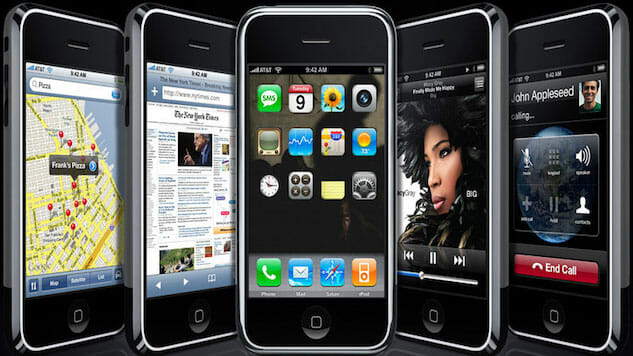Unplugged: What Happens When All of Your Technology Breaks Down?

We could go on all day about the conveniences of technology. You can pick up your phone and pay your credit card bill, check the weather, text your mom and post a snarky Facebook status in the same millisecond thanks to engineers and app designers around the world.
However, this convenience has made us all a bit dependent on our devices. What would happen if you couldn’t use your phone to do everything you use it for now? And how would the rest of the world react to Internet outages, device malfunctions and everything else in a tech addict’s recurring nightmare?
Let’s find out.
Your Phone Dies. Now What?
You’ve surely been without a phone for a few hours when you didn’t charge it enough before going out. How did you feel without access to the internet at your fingertips? Chances are, you hated it. You may have even felt compelled to click your phone multiple times, checking for messages in vain since, you know, you didn’t have any battery left to actually use your device.
Astoundingly: one fifth of Americans report they’re online ‘almost constantly’, according to a 2015 survey by the Pew Research Center. With such an obvious dependence and habit of checking devices multiple times within minutes, a loss of Internet and phone use could spark serious outrage.
In fact, one professor at Stanford University tried to have his students log off from the Internet for a full 48 hours just so they could see life on the other side. You can imagine his tactics sparked outrage—how could university students, tethered to technology both academically and socially, log off for so long? The professor cancelled the assignment in the end.
The experiment shed light on just how dependent we are on technology—and just how woefully unprepared we are to go without it. One professor at Michigan State University, William Dutton, said to the BBC: “One of the biggest problems with the internet today is that people take it for granted—yet they don’t understand the degree to which we’ve allowed it to infiltrate almost every aspect of our lives. They don’t even think about not having access to it.”
-

-

-

-

-

-

-

-

-

-

-

-

-

-

-

-

-

-

-

-

-

-

-

-

-

-

-

-

-

-

-

-

-

-

-

-

-

-

-

-








































